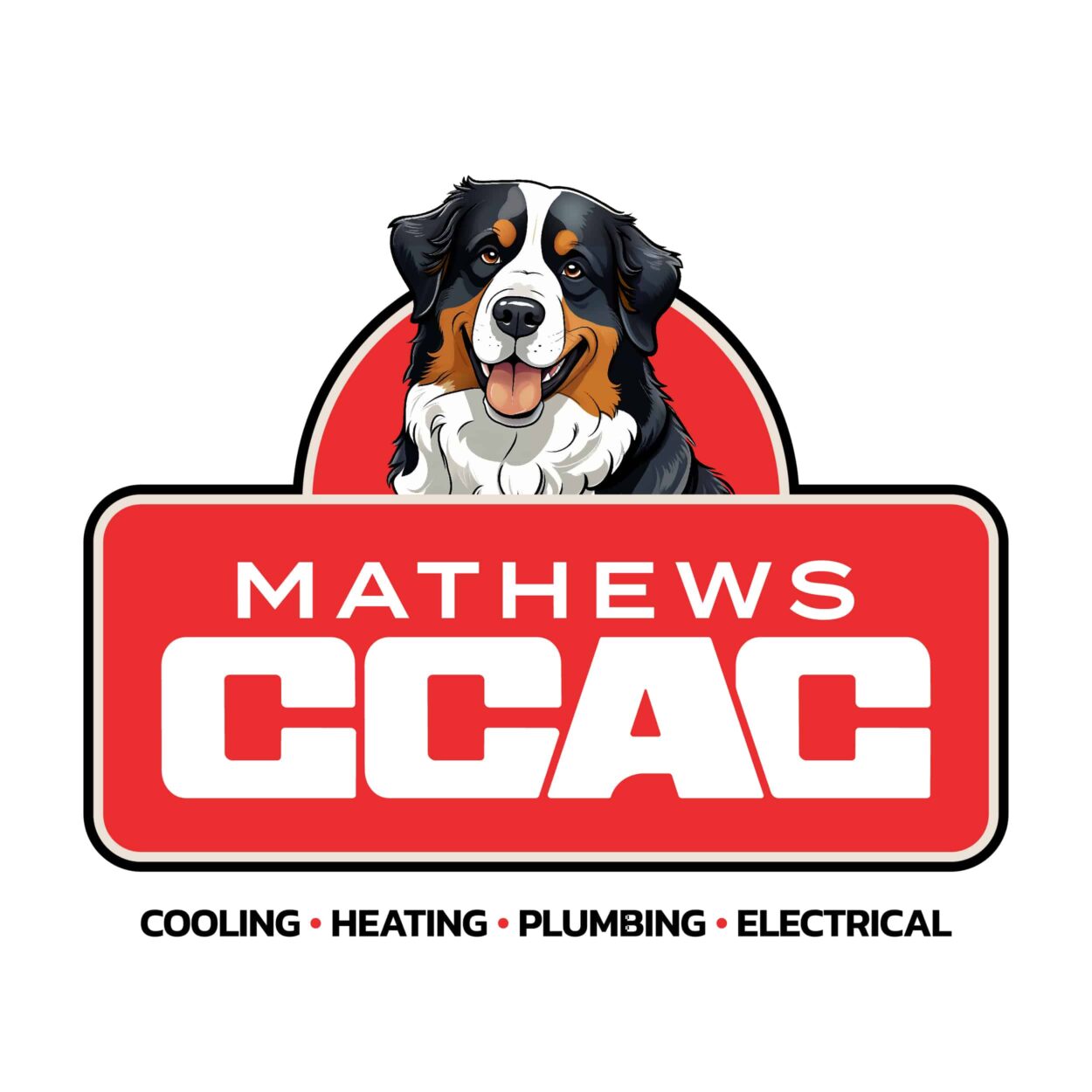You may have started noticing that your A/C is acting up. Maybe it’s leaking, or you’re hearing a hissing sound coming from the unit, it’s not cooling as well as it normally does, or you have found blocks of ice along the evaporator coil. Any of these symptoms or combination of them, could be a sign of an evaporator coil leak.
The most common causes of evaporator coil leaks is the accumulation of formic acid. This acid is produced from the interaction between volatile organic compounds (VOC) and copper coils. VOCs are commonly created by household cleaners and air fresheners that contain fragrances.
What Happens When the Leak is Found?
First, it depends on how large the leak is. If it’s a small leak, the technician may have to do minor repairs before adding more coolant. However, if the coils have completely failed, the technician will have to replace the coils.
Taking preventive measures to avoid problems is always the best route. By following the suggestions below to prevent the most common causes of evaporator coil leaks, you will ensure that your A/C unit is running well for a long time.
- Avoid using products that produce VOCs.
- Bring fresh air int the HVAC system as often as possible.
- Use a household air purifier to neutralize the VOCs. You will find some on the market that utilize ultraviolet light to mimic how the sunlight naturally purifies the air.
- Service your A/C unit on a regular basis.
It’s not always possible to avoid the common causes of evaporator coil leaks, but our team at Mathews CCAC is always here to help. If your A/C unit is acting up and you suspect it may be a coil leak or you’re unsure, please contact us, we’ll arrange for an expert to inspect the unit as soon possible.
Our goal is to help educate our customers in Corpus Christi, Texas about energy and home comfort issues (specific to HVAC systems). For more information about evaporator coils and other HVAC topics, download our free Home Comfort Resource guide.
Credit/Copyright Attribution: “icon/Shutterstock”












